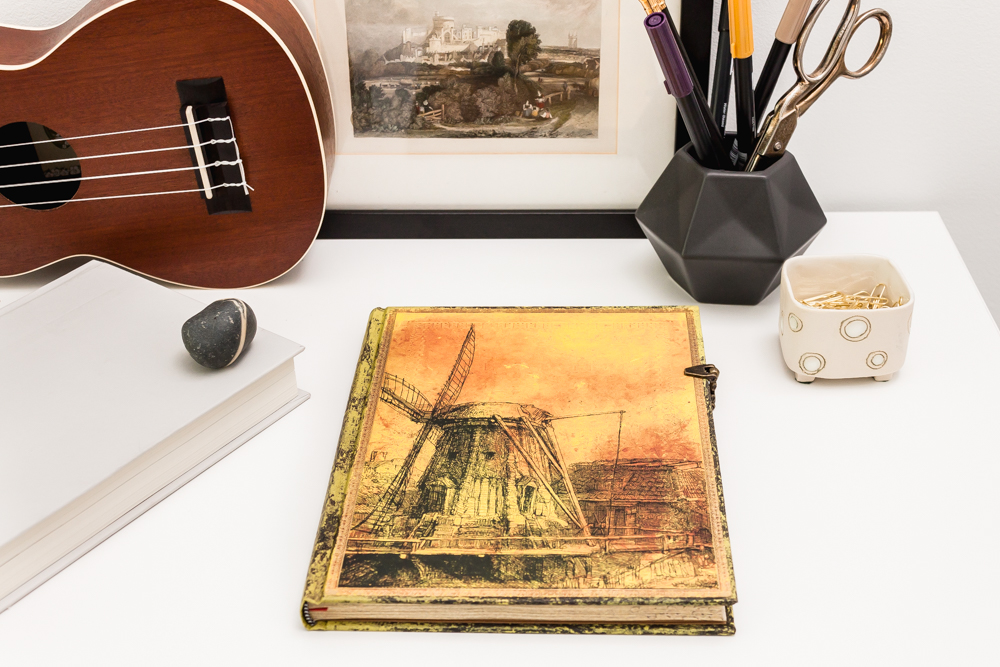January usually comes with a long list of resolutions that may include picking up a new skill or honing an existing one. As the year progresses we might be tempted to drop this resolution, but it’s important to remember that mastering a skill doesn’t happen overnight. Don’t get discouraged if you don’t see immediate results; instead, follow these five tips to help you build that skill and stay motivated.
1. Set (SMART) Goals
SMART stands for Specific, Measurable, Achievable, Relevant and Time-bound. It’s important that your goals meet these criteria and that they are broken into small, manageable tasks so you can see results faster.

2. Seek a Mentor
Having someone in your corner to hold you accountable and to provide guidance and direction will do wonders as you work at learning or mastering a skill. Remember to pay it forward in the future by lending your guidance to someone else, too!
3. Learn from the Experts
Now more than ever it’s easy to learn from the experts in your industry. There are plenty of classes – many online and affordable – and other resources like books and podcasts that can aid you in your journey.

4. Practice, Practice, Practice
Success comes with practice, period. Oregon-based illustrator and author Lisa Congdon stresses the importance of this philosophy and has summed it up in an illustration called 10 Steps to Building Skill:
- Begin
- Practice
- Keep showing up
- Practice more
- Stretch yourself
- Practice
- Practice
- Note your improvement
- Practice more
- Repeat
Lisa dives into the topic on an episode of her podcast, The Lisa Congdon Sessions. In this episode, entirely devoted to practice and its importance in the artist’s journey, she says, “Practice is so central to being an artist that what we do is called our ‘Art Practice.’”

5. Get Feedback
To monitor growth and progress, we need to see it from the outside. Whether it’s getting feedback from our peers and colleagues or doing some self-reflection, taking a step back will help us objectively evaluate our level of skill. Take criticism constructively and reflect on what you have learned and what you still want to accomplish.
And most importantly, avoid comparing yourself to others, be patient and have some fun!





